The American love affair with alcohol is officially cooling off. A groundbreaking Gallup poll released this month reveals that only 54% of US adults now drink alcohol—the lowest figure recorded in nearly 90 years of tracking.
This dramatic shift represents more than just changing preferences; it signals a fundamental transformation in how Americans view their relationship with alcohol and health.
The Numbers Tell a Sobering Story
The decline is striking when compared to historical data. From 1997 to 2023, at least 60% of Americans consistently reported drinking alcohol. The percentage dropped to 62% in 2023, then 58% in 2024, before plummeting to today's record low. To put this in perspective, the previous low of 55% was recorded in 1958, making this the most significant decline in modern drinking history.
Even more telling: among Americans who still drink, consumption patterns have drastically changed. A record-low 24% of drinkers had consumed alcohol in the past 24 hours, while 40% reported it had been over a week since their last drink—the highest percentage since 2000. The average weekly consumption has also dropped to just 2.8 drinks, down from 3.8 the previous year.
Health Fears Drive the Shift
For the first time since Gallup began tracking health perceptions in 2001, a majority of Americans—53%—now believe moderate drinking is bad for their health, up dramatically from just 28% in 2018. This represents a seismic shift from previous decades when moderate alcohol consumption was often promoted as potentially beneficial.
"This is a message those of us in public health have been advocating for a long time," noted Dr. Katherine Keyes, an epidemiologist at Columbia University who researches alcohol consumption trends. "It's certainly encouraging to see that this message appears to be resonating with the American public".
The change reflects growing scientific consensus that any level of alcohol consumption may negatively affect health, with recent research linking even moderate drinking to increased risks of cancer, depression, and anxiety. Dr. Scott Hadland from Mass General for Children observed, "A decade or two ago, there was this belief that having a glass of red wine with dinner might actually promote longevity"—a belief that current research has thoroughly debunked.
Who's Leading the Charge?
Generation Z is leading this cultural movement shift, with young adults now drinking less than older generations—a complete reversal from historical patterns. Only 50% of Americans aged 18-34 now report drinking alcohol, compared to 56% of those 35 and up. The decline spans all demographics, but women have experienced the most dramatic drop, falling 11 percentage points since 2023 to just 51%.
Interestingly, this trend isn't driven by substitution with other substances.
"Declines in alcohol consumption do not appear to be caused by people shifting to other mood-altering substances—in particular, recreational marijuana," Gallup noted.
Industry Impact and Future Implications
This shift has significant implications for the $55 billion California wine industry and alcohol producers nationwide. Following pandemic-era drinking spikes, alcohol sales have been declining amid rising inflation and tightened consumer budgets. Spirit makers now face increasing warnings from public health authorities linking even small amounts of alcohol to at least seven types of cancer.
The trend suggests Americans are prioritizing long-term health over short-term social traditions. As federal guidelines around alcohol recommendations undergo review, this data provides compelling evidence that public attitudes have already shifted decisively toward sobriety.
This historic low in alcohol consumption marks a pivotal moment in American culture—one where wellness consciousness is reshaping social norms and challenging decades of conventional wisdom about drinking. For a generation increasingly focused on mental health, physical wellness, and intentional living, saying "no thanks" to that drink is becoming the new normal.



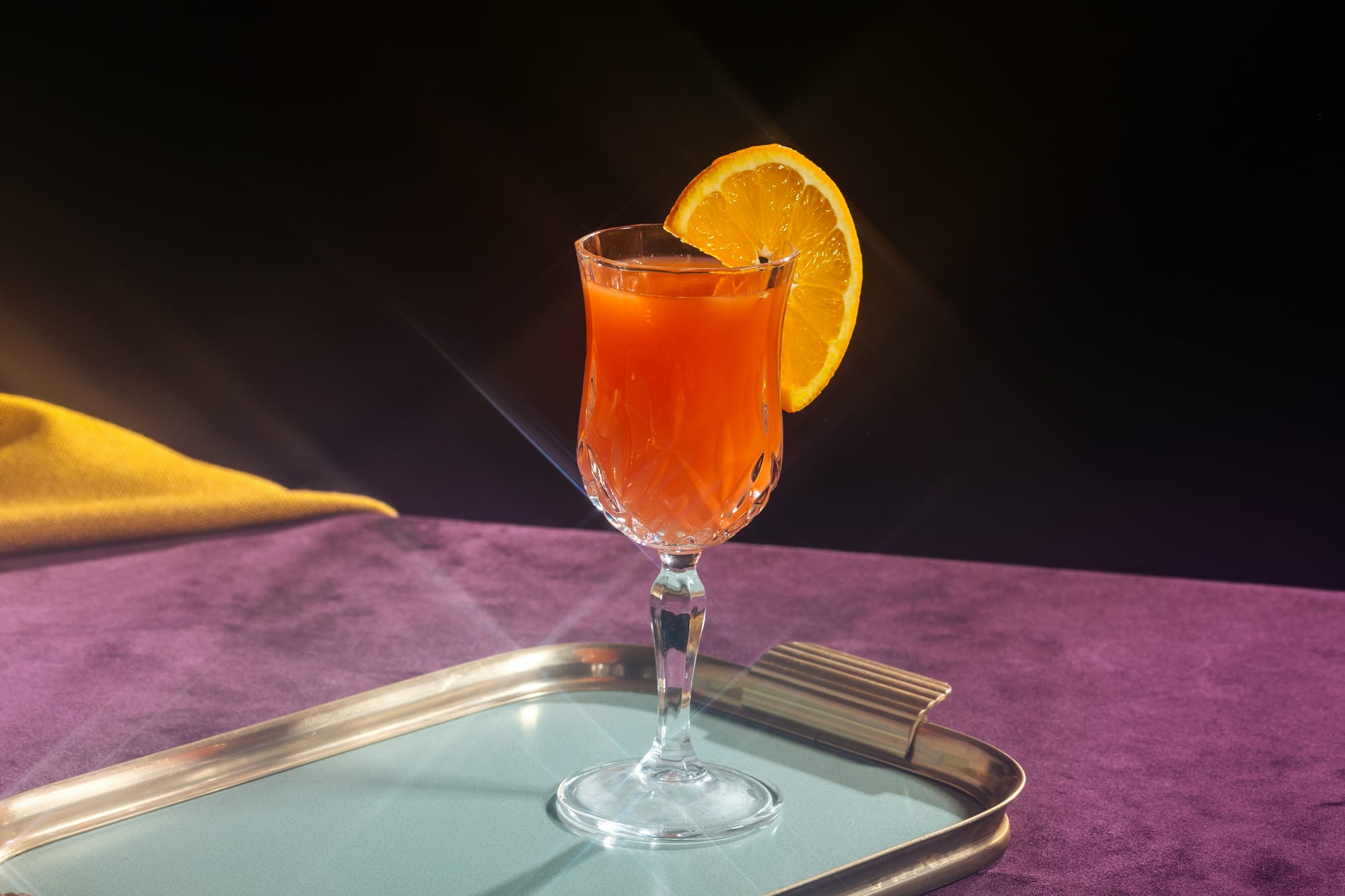

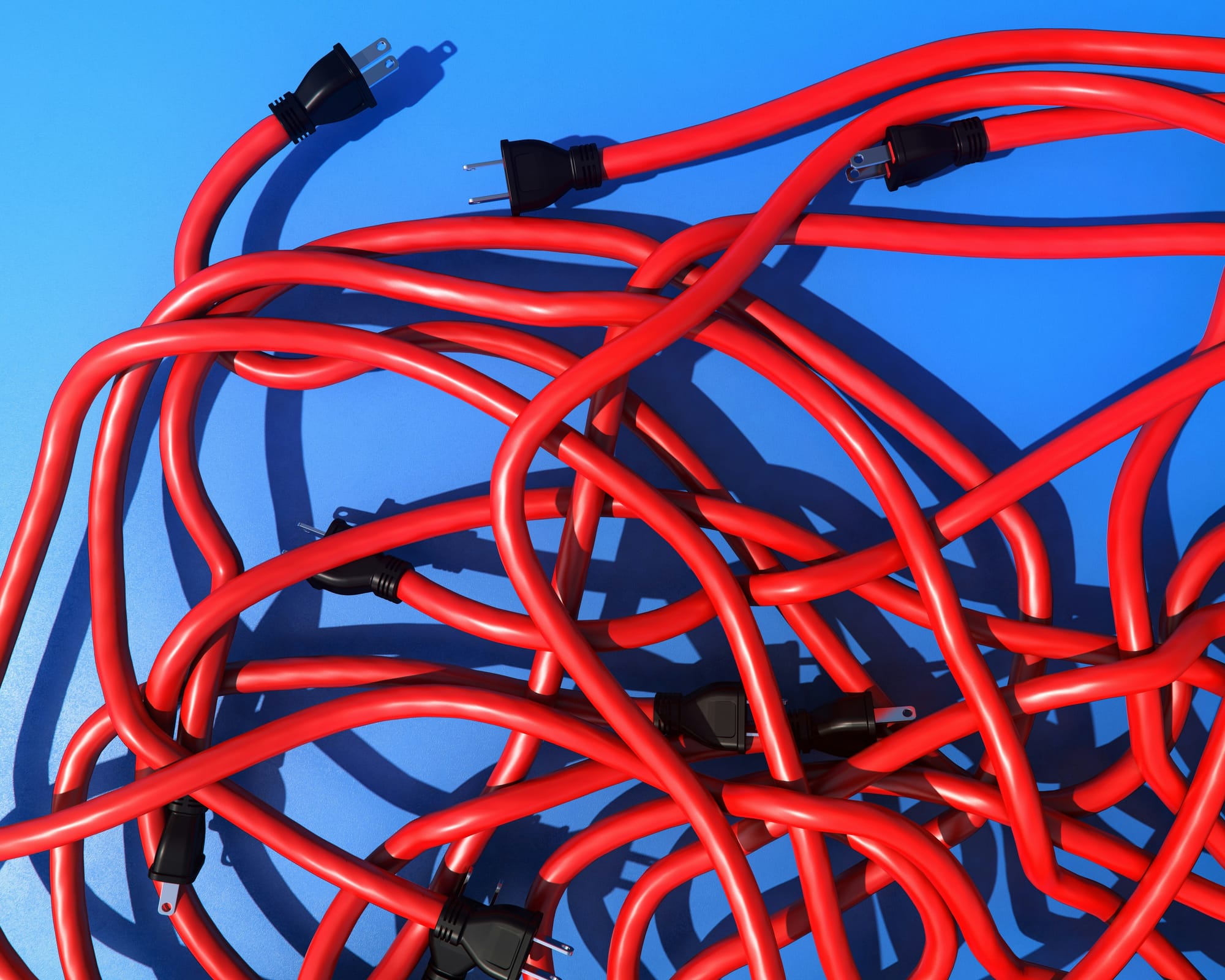

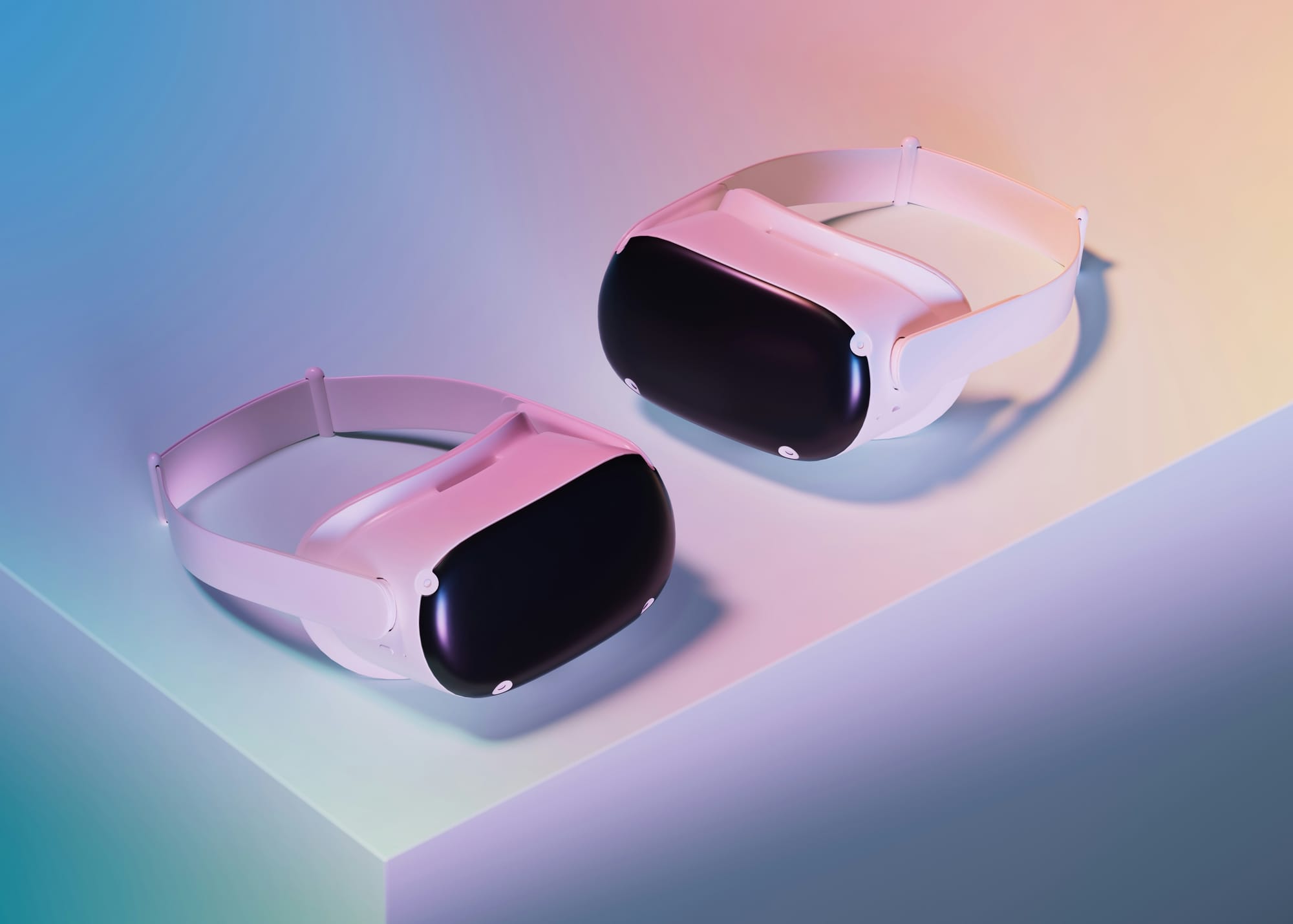

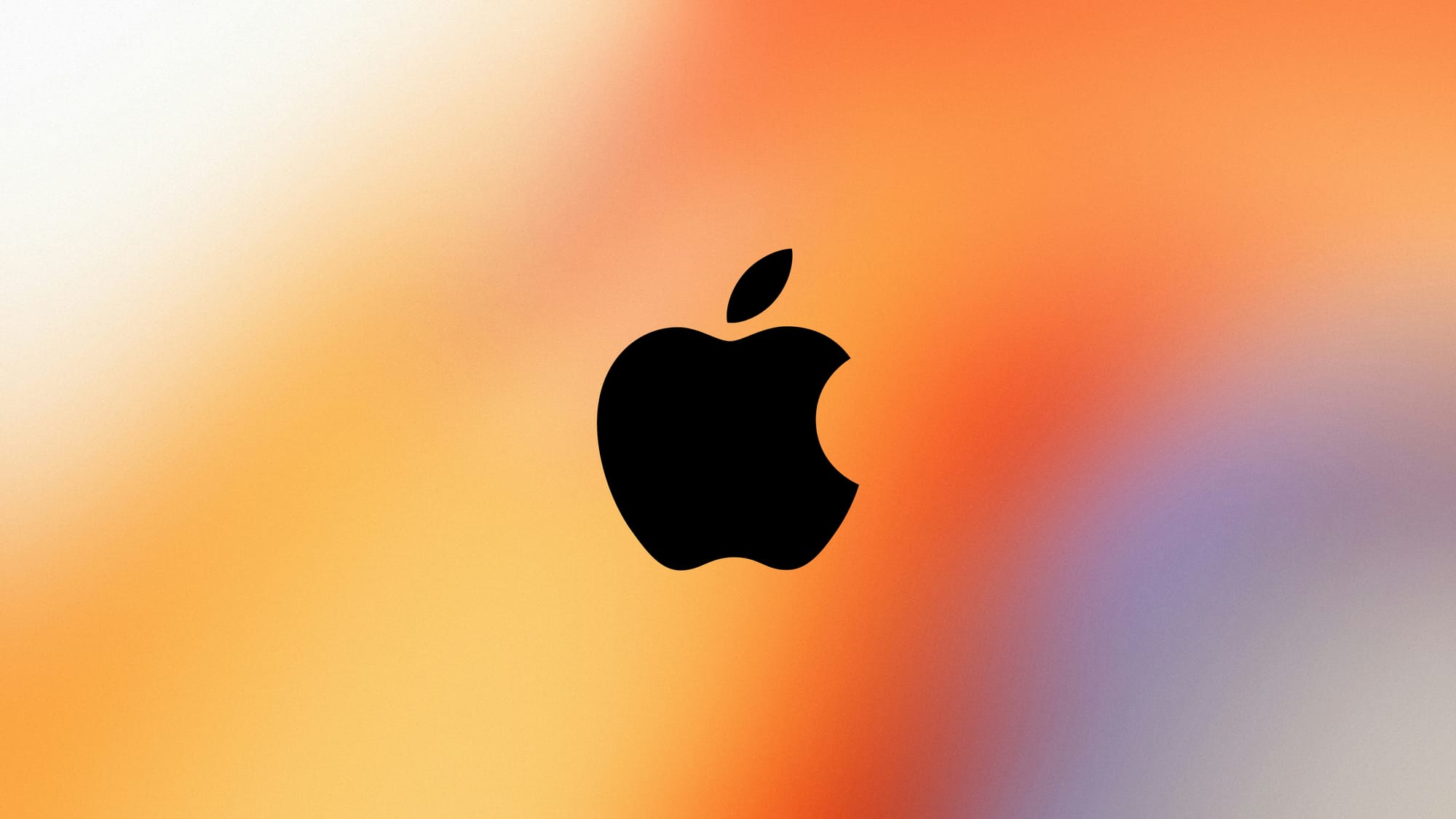
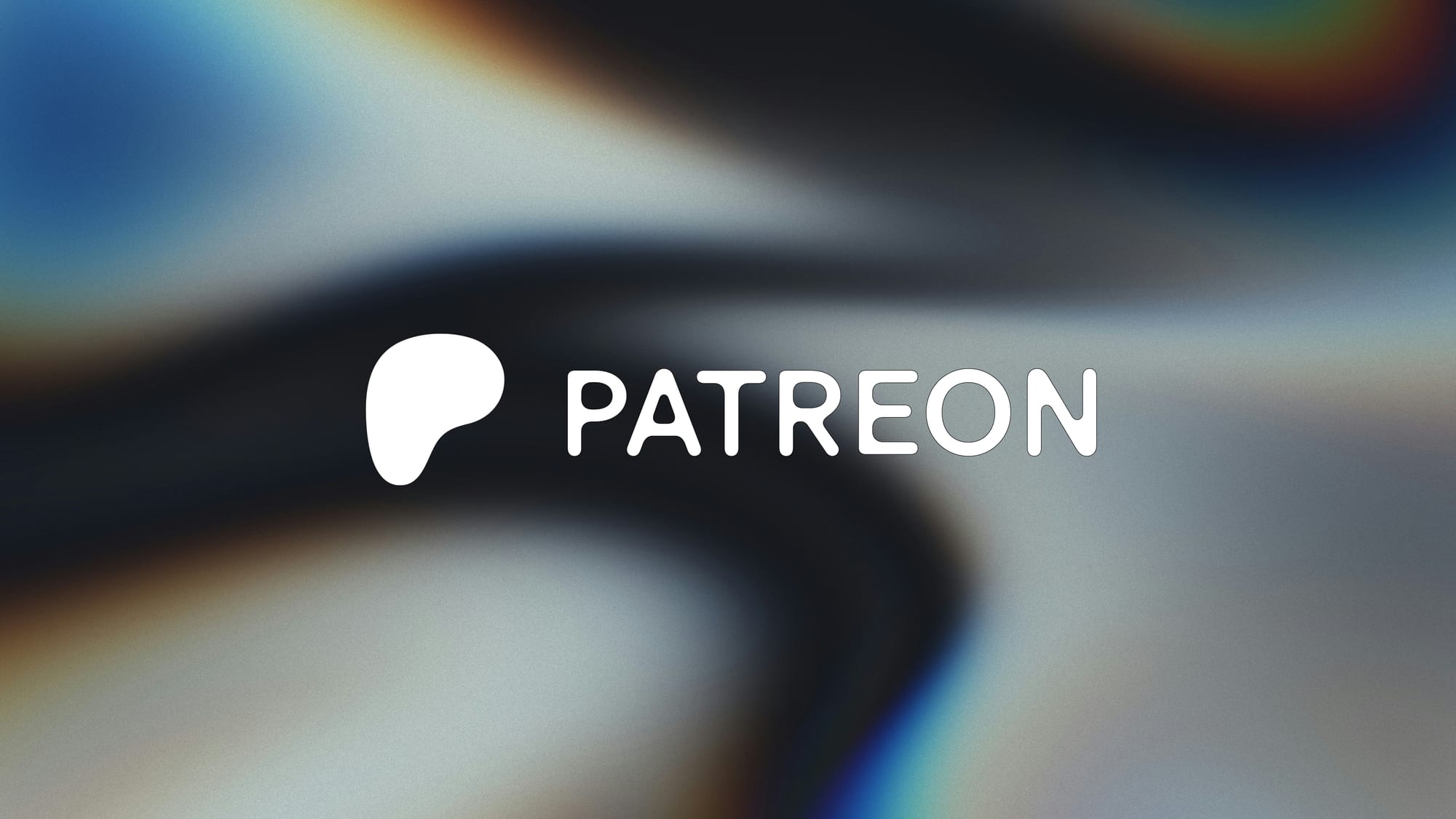
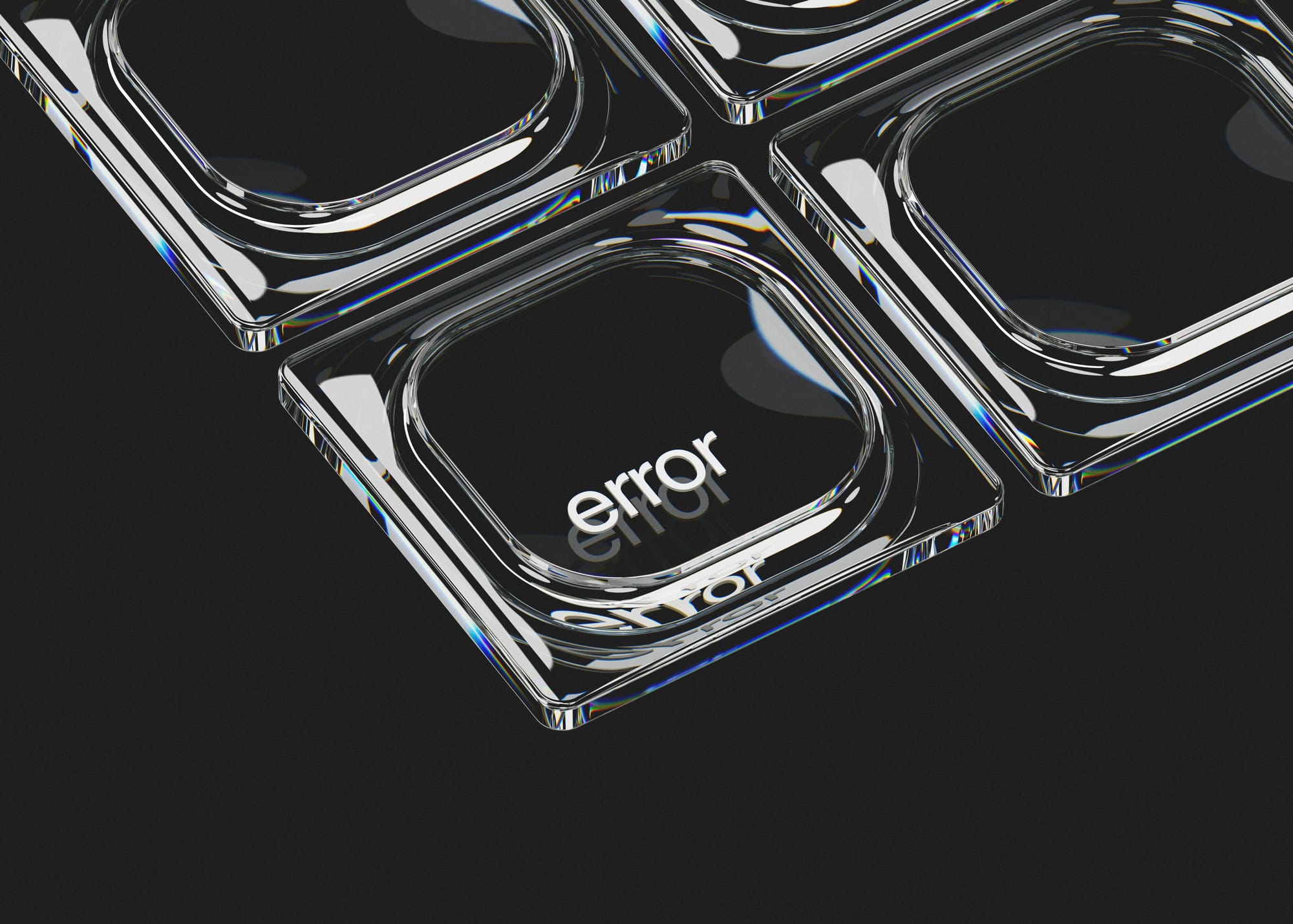


Discussion